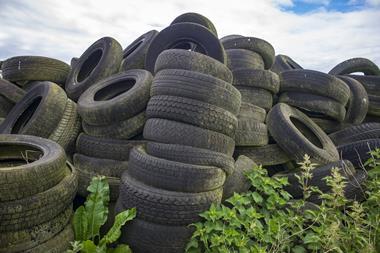One of the first comprehensive databases of human health research on a wide range of plastic-associated chemicals has been unveiled by scientists at Australia’s philanthropic Minderoo Foundation. The tool focuses on plastic chemicals that consumers are commonly exposed to, including polymers, plasticisers, flame retardants, bisphenols and per- or polyfluoroalkyl substance (PFAS). It maps more than 3500 studies on plastic chemical exposure and human health impacts that date from 1961 to 2022.
The goal of this Plastic Health Map is to provide researchers, regulators and the public with an efficient way to access published literature, determine knowledge gaps and hopefully inform regulations. The tool allows users to search the scientific literature by chemical exposure type, country and human health outcome.
The database indicates that ‘endocrine, nutritional, or metabolic’ effects on human health are the most studied, while the ‘sexual health’, ‘sleep–wake’ and ‘infectious or parasitic’ category was the least researched.
The Minderoo team found that of the more than 1500 chemicals mapped, fewer than 30% have been examined for their health impacts. In addition, it turned out that few studies have looked at replacement chemicals like bisphenols that have been used as substitutes for bisphenol A (BPA), for example. Furthermore, no human exposure research looked at the health impacts of microplastics and nanoplastics, and very few such studies have been carried out in low-income countries where populations may be more exposed to plastic waste, they said.
‘While as authors we fully expected gaps in research, the extent of those gaps shocked us,’ stated Sarah Dunlop, head of plastics and human health at Minderoo. ‘All new plastic chemicals should be tested for safety before being introduced in consumer products, with ongoing post-introduction monitoring of their levels in human biospecimens and evaluation of health effects throughout the lives of individuals and across generations.’
The researchers that put the chemical map together are now calling for a ‘paradigm shift’ in chemical regulation that would ensure new plastic chemicals are rigorously tested for safety before being introduced in consumer products.
References
LM Goodes et al,Environ. Int., 2023, DOI: 10.1016/j.envint.2023.108225

















No comments yet